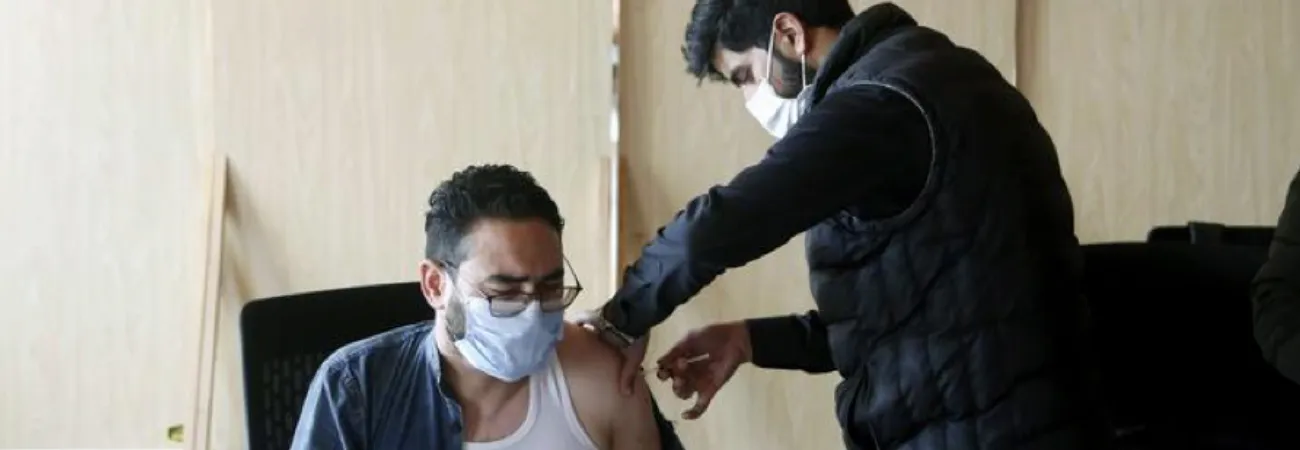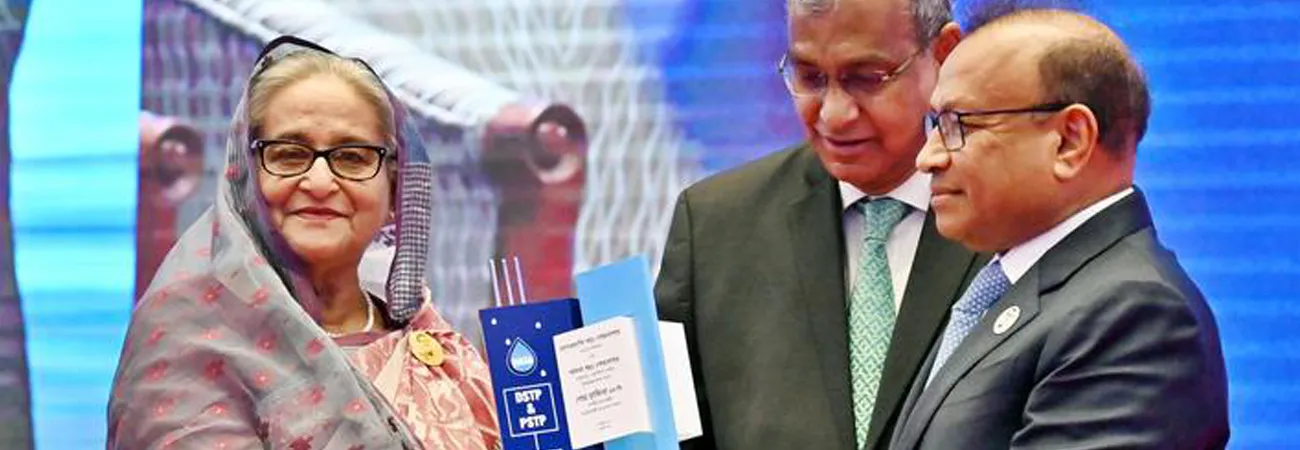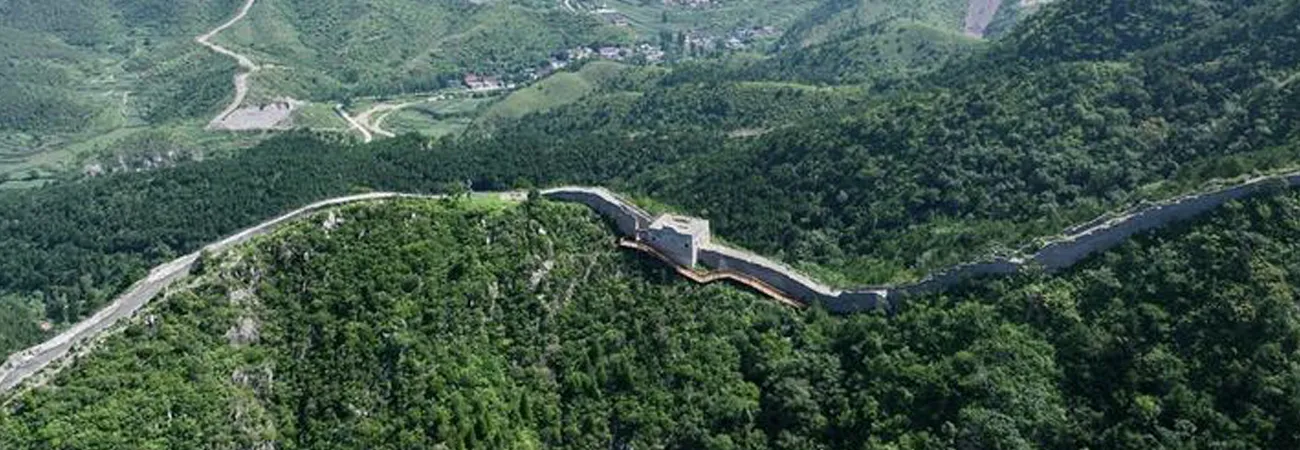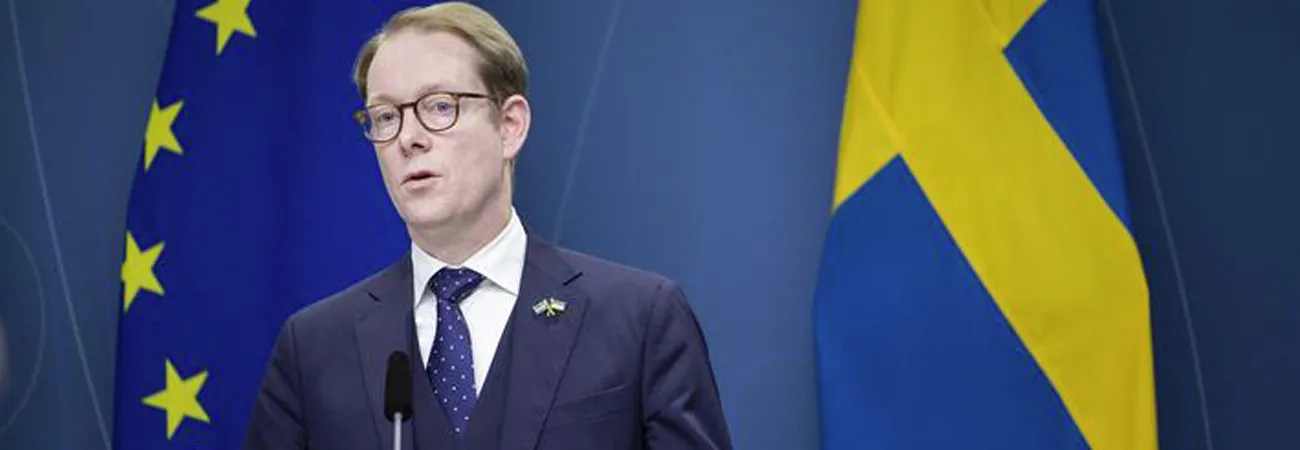XINHUA-PAKISTAN SERVICE
Islamabad, Feb. 22 (INP): Over the past few weeks, Indian media is rife with stories targeting the All-Weather China- Pakistan Friendship which is growing from strength to strength.
Especially, the multi-billion-dollars project China-Pakistan Economic Corridor (CPEC) is the major victim of the Indian smear campaign, says a report published by Gwadar Pro.
Why does India look so desperate to demean an economic corridor which cannot only revive the ailing economy of Pakistan but also has the capacity and embodies the vision to benefit Asia?
It seems that the recent visit by the Pakistani Prime Minister to attend the opening ceremony of China’s successful Winter Olympics held in Beijing and the Joint Statement following the meetings of PM Imran Khan with China’s visionary President Xi Jinping and Premier Li Keqiang have upset the Indian designs.
Hence a series of reports were produced by Indian media caviling against CPEC.
One needs to peep further into the Indian narrative against CPEC. India actually has been implementing a strategy to economically strangulate Pakistan and the media smear drive against Pakistan has been a part of its strategy over the past three decades.
CPEC has provided an optimal answer to Pakistan’s economic woes and India is unhappy with the recovery of Pakistan since the launching of CPEC back in 2015.
An article ‘Let us Engage Pakistan in a New and Non-Diplomatic Way’ by Kriti Upadhyaya and Rahul Deans published in India back in June 2016 suggested that India should adopt measures that can be taken quietly to exacerbate Pakistan’s economic problems by hitting its exports, especially textiles which make up over half Pakistan’s exports, led by cotton products.
"Any dent to Pakistan’s exports could push its deficit over the edge helping Indian farmers," it reads. Another proposal was to "target Pakistan’s manpower working overseas as remittances (mostly from the Middle East) are Pakistan’s second-biggest source of foreign exchange".
The article proposed the Indian government not export electricity to Pakistan and instruct that foreign companies bidding for projects in India cannot be a supplier to any Pakistani state-run organization.
It also proposed that visas for Pakistani executives be denied by the Indian regime to have a far bigger impact on the Pakistani business environment besides advocating visa denials to Pakistani performing artists. Almost all of these proposals have been implemented by the Indian regime led by Narendra Modi.
The development of Chabahar port in Iran and the development work in Afghanistan were the ‘baby steps’ by India in what should be a much larger intervention to develop Afghanistan and use it as a base to undermine and destabilize Pakistan, the article said.
India also used Afghan soil to segregate Pakistan’s economy as Afghanistan has zero duties on many items which have high tariffs in Pakistan.
India planned to smuggle these items to traders in Afghanistan, who smuggle them across into Pakistan, which not only undermined Pakistan’s import duty collections but also incited India-financed terrorists in Baluchistan whose hired guns destabilised Pakistan. India also used Afghan soil to launch terrorist attacks against Pakistan through terrorist groups like TTP, Daesh, etc.
India also had a military presence (to train the Afghan army) in Nimroz province - bordering Iran and Baluchistan (where it has built the only highway in the province), along with enhanced development of the railway from Iran to Afghanistan and increased development work.
India’s relations with Iran and Afghanistan have always been better and their relations with Pakistan had never been worse, albeit recently, which gives India the perfect opportunity to enhance its profile in the region, says the article.
While the vicious plan of the US to contain China by encircling it with its allies in the South China Sea failed; India tried to implement an ambitious plan to strangulate Pakistan diplomatically and economically.
The diplomatic offensive of Modi was aimed at winning the support of traditional allies of Pakistan and in a bid to isolate Pakistan starting from the Kingdom of Saudi Arabia, United Arab Emirates, and Qatar. However, Foreign Minister Shah Mahmood Qureshi and his dynamic team foiled all efforts of India.
Despite the Indian premier’s ambitious trips to Saudi Arabia, United Arab Emirates, Qatar, Iran, and Afghanistan which were a part of the same initiative, the Indian bid failed to isolate Pakistan.
The major reason for the failure of the Indian bid was CPEC which helped Pakistan’s fragile economy to revive and attract investments from other countries.
No country in the world can fool Arabs and Iranians at the same time. However, Modi tried to do the same by wooing both at the same time. The result was a failure. Even the US has failed to take the two along. Hence Iran is fast getting out of the Indian clout.
Moreover, Saudi Arabia and other Gulf states are potential partners Pakistan needs to work with as they can’t go along with India after they have picked India’s enemy, Iran, as their strategic partner in the region.
Iran, the founding member of RCD and oldest regional ally of Pakistan along with Turkey, is now getting closer to Pakistan – thanks to back-to-back trips of Prime Minister Imran Khan to Tehran.
CPEC, the flagship venture of the Belt and Road Initiative (BRI), is the key not only for Pakistan but also for China and other countries of the region. It is the answer to the conspiracies being hatched to contain China.
Since the launching of CPEC, China has completed projects in Pakistan worth over US$ 28 billion in the first phase of CPEC. This has done a miracle for Pakistan’s dwindling economy and now all the world’s top financial institutions have predicted that Pakistan is one of the fastest emerging economies in the world.
The recent visit of Prime Minister Imran Khan to attend the Winter Olympics in Beijing has given a new impetus to the CPEC investments as Chinese leadership has made pledges of new investments worth billions of dollars.
China is all set to support the industrialization process in Pakistan and many industries in China are set to shift to the Special Economic Zones (SEZs) being established in Pakistan due to the attractive geographic location of Pakistan and the lucrative tax exemptions.
During Prime Minister Imran Khan’s visit to Beijing, China and Pakistan signed a number of agreements and MoUs covering bilateral cooperation in areas of economic and technical, industry, investment, infrastructure, space, vaccine, digitalization, standardization, disaster management, culture, sports, and vocational education.
Indian regime is deeply upset with the 33-point Joint Statement signed by leaders of both countries.
Noting close cooperation in the areas of health, environment, and ICT, the two sides agreed to launch the China-Pakistan health, industry, trade, green and digital corridors. China also agreed to arrange for Pakistani students to return to China and resume classes in a prudent manner.
Gwadar Development, Security of CPEC, Trade and Commerce, Poverty Alleviation, Education, Tourism, Art, Counterterrorism, Extension of CPEC to Afghanistan, humanitarian aid to Afghanistan, Multilateralism, etc. are also stressed in the statement.
This joint statement is a blueprint for the rise of Pakistan as a new economic powerhouse in the South Asia region – a fact that foils India’s plans of acting as an economic giant in Asia.
Moreover, it also frustrates the Indian design of suffocating its neighbouring states and annexing them through power to create a giant Hindu state that may contain and counter the increasing influence of China.
India has already annexed sovereign states like Jammu and Kashmir, Assam, Sikkim, Junagadh, Manipur, etc. Hence, the Indian regime is upset with the growing proximity between Beijing and Islamabad and media hype is being created to question the very basic premise of CPEC.
INP/Javed





